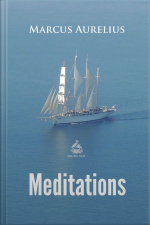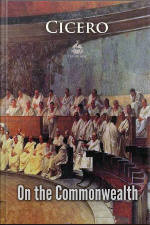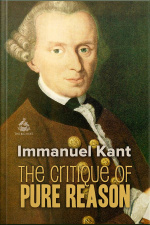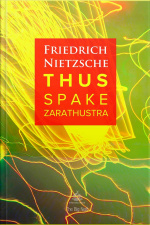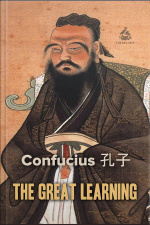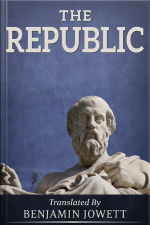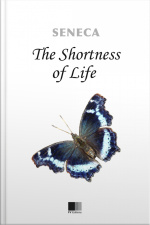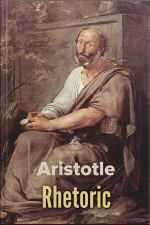Meditations contains a series of personal writings by Marcus Aurelius, Roman Emperor from 161 to 180 AD, recording his private notes to himself and ideas on Stoic philosophy....
Cicero introduces his subject by showing that men were not born for the mere abstract study of philosophy, but that the study of philosophic truth should always be made as...
This book contains the original classic Chinese text and English translation of 'Tao Te Ching' forming foundation for both philosophical and religious Taoism. The roots of Taoism...
One of the most influential works in the history of philosophy. Known as Kant's First Critique, dealing with questions concerning the foundations and extent of human knowledge,...
The Tractatus Theologico-Politicus or Theologico-Political Treatise was one of the most controversial texts of the early modern period. It was a preemptive defense of Spinoza's...
The book chronicles the fictitious travels and speeches of Zarathustra. Zarathustra's namesake was the founder of Zoroastrianism, usually known in English as Zoroaster....
What the great learning teaches, is to illustrate illustrious virtue; to renovate the people; and to rest in the highest excellence. The point where to rest being known, the...
The Republic is a dialogue by Plato in which the famous Athenian philosopher examines the nature of an ideal society. The insights are profound and timeless. A landmark of Western...
"It is not that we have a short space of time, but that we waste much of it. Life is long enough".
Aristotle's Rhetoric is an ancient Greek text on the art of persuasion, dating from the 4th century BC.
